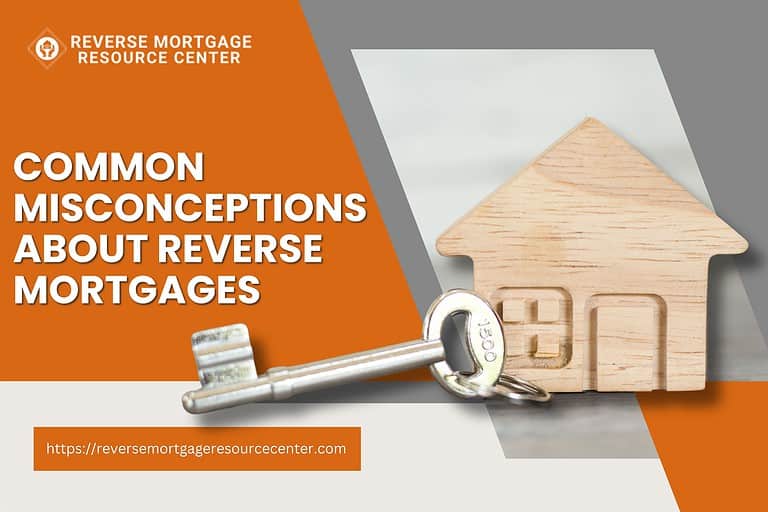Reverse Mortgages and Healthcare Cost Management: A Dual Approach
The retirement landscape poses unique challenges for seniors, and at the forefront of these challenges is the escalating burden of healthcare costs. As individuals age, the need for comprehensive healthcare services becomes more pronounced, contributing to financial strain during retirement. In this detailed exploration, we delve into the dual approach of integrating reverse mortgages and healthcare cost management, offering an in-depth guide for seniors facing financial challenges in their golden years.
The Healthcare Cost Conundrum in Retirement
Understanding the Challenge
The reality of healthcare costs in retirement is a significant concern for seniors. Advancements in medical technology contribute to increased life expectancy, but they also lead to a higher demand for healthcare services. Unfortunately, the financial implications of healthcare often catch retirees off guard, jeopardizing their carefully crafted retirement plans.
Rising Healthcare Costs
The upward trajectory of healthcare costs is a persistent trend. From prescription medications to long-term care, seniors are confronted with expenses that can swiftly deplete their savings. This reality underscores the importance of proactive financial planning to manage and mitigate the impact of healthcare costs on retirement funds.
Medicare Limitations
While Medicare is a crucial component of senior healthcare coverage, it does not cover all expenses. Gaps in coverage and out-of-pocket costs can create financial strain for retirees. Understanding the limitations of Medicare is essential for crafting a comprehensive financial plan that addresses potential healthcare-related expenses.
Reverse Mortgages: A Financial Lifeline
Unveiling Reverse Mortgages
Reverse mortgages, often misunderstood or overlooked, present a unique financial instrument for seniors. Specifically designed for homeowners aged 62 and older, reverse mortgages enable individuals to convert a portion of their home equity into readily accessible funds without selling their homes or moving. This infusion of funds can be a transformative strategy when it comes to addressing healthcare costs in retirement.
Leveraging Home Equity
For many seniors, their home represents a substantial portion of their wealth. Reverse mortgages provide a means to tap into this home equity, offering a flexible source of funds that can be used to cover healthcare expenses. This approach allows retirees to maintain their independence and quality of life while effectively managing their health-related costs.
Types of Reverse Mortgages
Understanding the nuances of reverse mortgages is essential for seniors contemplating this financial tool. The two primary types are Home Equity Conversion Mortgages (HECMs), backed by the Federal Housing Administration (FHA), and proprietary reverse mortgages offered by private lenders. Each type comes with its unique features, eligibility criteria, and considerations, necessitating careful evaluation based on individual circumstances.
Crafting a Comprehensive Financial Plan
Holistic Financial Planning
Effectively navigating the complexities of retirement requires a holistic financial planning approach. Integrating healthcare considerations into the broader framework of a financial strategy is crucial. By recognizing the pivotal role of healthcare in retirement planning, seniors can make informed decisions that align with their long-term goals and financial well-being.
Seeking Expert Advice
Engaging with financial advisors specializing in retirement planning is a critical step for seniors. These professionals possess the expertise to evaluate individual circumstances, providing tailored guidance that incorporates both reverse mortgages and healthcare cost management. A personalized approach ensures that seniors receive advice specific to their needs, fostering a more secure financial future.
Examining Insurance Options
In addition to reverse mortgages, insurance plays a pivotal role in healthcare cost management. Exploring Medicare, supplemental insurance, and long-term care coverage are integral components of a comprehensive plan. Financial advisors can guide seniors through the intricacies of insurance, helping them select policies that provide adequate coverage without compromising their financial stability.
Tax Implications
Understanding the tax implications of reverse mortgages is vital for seniors. While the funds received through a reverse mortgage are typically income tax-free, interest accrual may have tax consequences. Consulting with a tax professional can help retirees navigate the tax landscape, ensuring compliance and optimizing their financial strategy.
Budgeting and Financial Discipline
Effective budgeting and financial discipline are essential aspects of healthcare cost management in retirement. Seniors should establish a realistic budget that accounts for routine healthcare expenses, potential emergencies, and the cost of living. Regularly reviewing and adjusting the budget ensures ongoing financial stability in the face of evolving healthcare needs.
Wrap Up
In the intricate dance of retirement planning and healthcare cost management, a dual approach involving reverse mortgages emerges as a powerful and innovative solution for seniors facing financial challenges. As healthcare costs continue to rise, the integration of reverse mortgages into a comprehensive financial plan provides a sustainable strategy for maintaining financial stability and peace of mind in retirement. By seeking expert advice, understanding the intricacies of both reverse mortgages and healthcare, and adopting disciplined financial practices, seniors can embark on a journey towards a secure and well-balanced retirement.
REVERSE MORTGAGE RESOURCE CENTER ~LIVE LIFE ON YOUR TERMS~
Our Lending Team has been serving our clients since 2004. We are passionate about serving our clients with integrity to help them achieve their financial goals.







